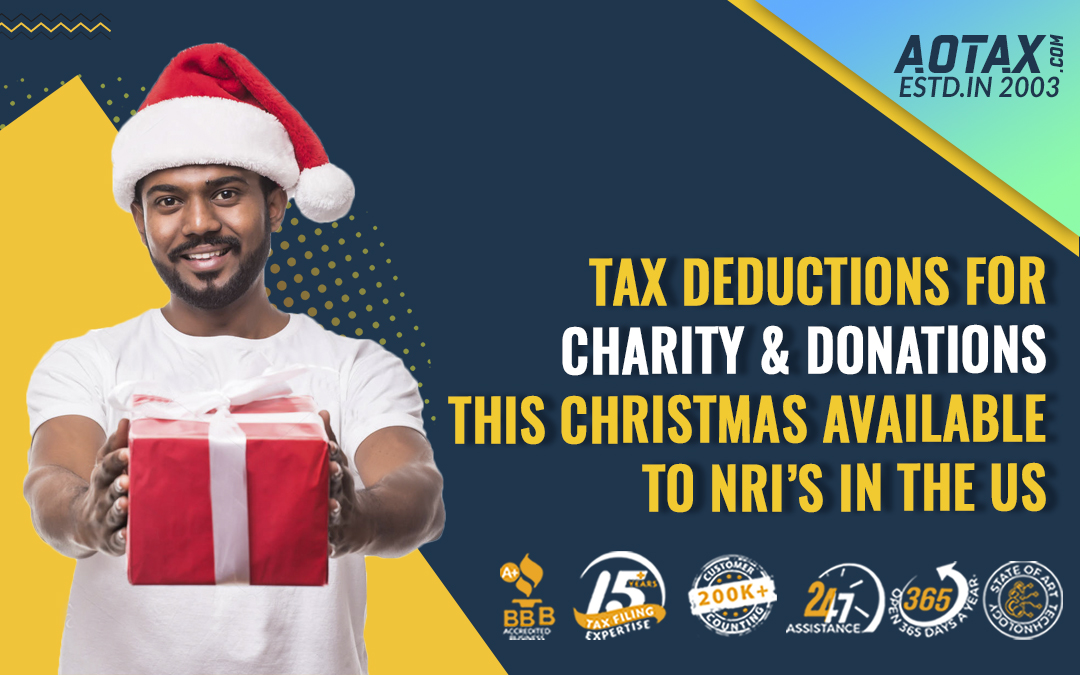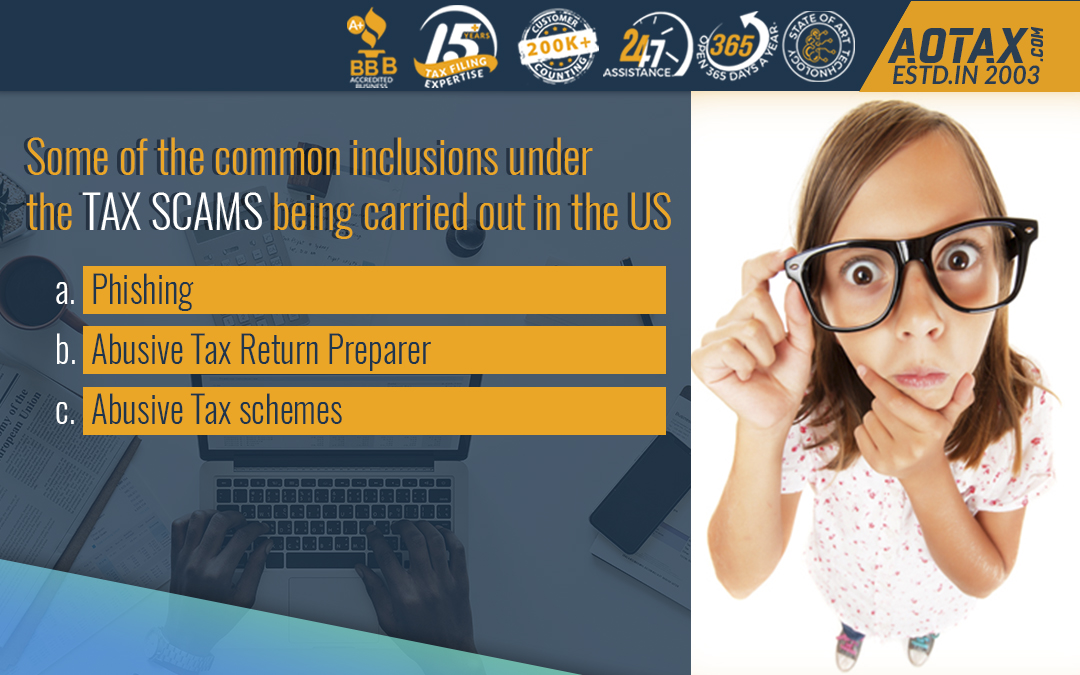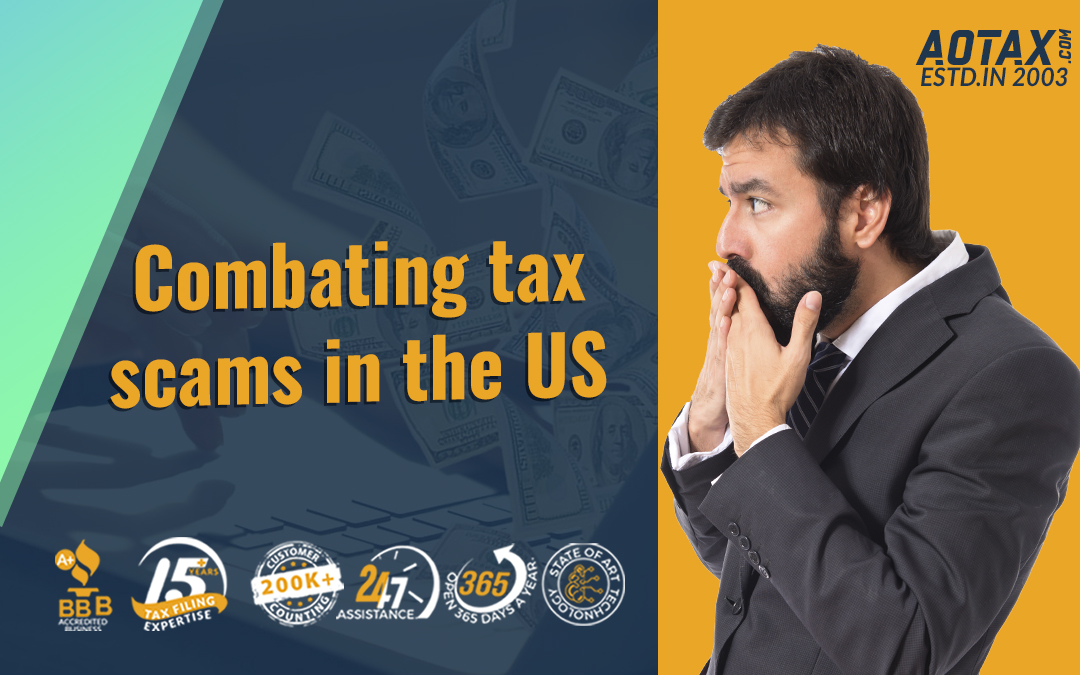Tax Deductions for Charity and Donations this Christmas available to NRI’s in the US.
Tax Deductions for Charity and Donations this Christmas available
to NRI’s in the US.

If you are an NRI and are planning to make donations for this Christmas, then your charity and donations would definitely have an impact on your tax deductions.
You should not be influenced by the scammers in light of the charitable opportunities that have occurred due to the various events being triggered throughout the year. You must ensure that the charity or donations done by you during Christmas are done to a 501(c) (3) non-profit organization.
Qualified organizations would include non-profit organizations that are educational, charitable, religious, scientific, or literary. The IRS website would help you in determining if the organization to which you are donating is a qualified one or not.
Due to tax reforms, there have been various changes introduced in the itemized deductions, but the deductions related to charitable donations remain mostly the same with a few changes. If you are making any donations of money or goods this Christmas, then you can claim your donations by itemizing your tax deductions. In general, if you are opting for a Standard Deduction then you would not be able to claim any deduction for your donations but there have been certain changes under the CARES Act.
As per the guidelines of the CARES Act, there would be an addition of a new charitable deduction up to $300 on your taxes for this year if your donations have been made to a 501(c)(3) organization and even if your tax deductions are being itemized. You must keep this in mind as most of the NRI taxpayers claim the standard deduction and do not itemize thus, making it infeasible to deduct the donations under the tax reforms.
There have been certain changes made to the provisions related to tax reforms. These changes would include the below-mentioned points: –
- The percentage limit of the cash contributions which have been made for public charities has increased from 50% to 60% of your AGI (Adjusted Gross Income). But, the CARE Act would eliminate the limit placed on the deductions availed for cash contribution if you are itemizing your deduction.
- While you would be able to claim around 80% of the donation made for seat rights like tax reforms, you would not be able to claim any of these donations as a tax deduction.
Standard Deductions and Itemized Deductions.
Due to the tax reforms, around 90% of the NRIs would now opt for Standard Tax Deduction which was around 70% during the previous years. For the tax year 2020, the standard deduction has been increased to $12,400 for those who are filing returns as single individuals or has increased to $24800 for those who are married and filing their tax returns jointly. In case, if you are filing the tax returns as the Head of the Household then the permissible Standard Deduction is $18,650. You can either claim your Standard Deduction or itemize the tax deductions based on your expenses which are tax-deductible.
It might happen that you might be in the category in which the standard deduction is more than the itemized deduction and you would choose Standard Deduction.
If you are closer in proximity to the Standard Deduction threshold it is feasible to increase your tax deductions and then itemize your deductions if the charity is done towards the end of the year. By doing so, you would be helping someone who might be in need and also would increase your tax returns.
For example, state and local taxes to be paid are around $10,000, $8,000 for mortgage interest, and $2,000 for the charitable contributions, which totals to $20,000 of itemized deductions. If you are filing your tax returns as a single individual, you would prefer to itemize your deductions since $20,000 is greater than $12,400 which is the standard deduction. However, if you are filing as a married couple you will be claiming the standard deduction of $24,800 instead of itemizing your deductions unless you end up with about $5,000 more in itemized deductions.
Conclusion
Hence, you should not worry about the standard deduction threshold or itemizing deductions. You can follow the IRS guidelines and know in detail about these changes related to the deductions and itemizing.




Recent Comments